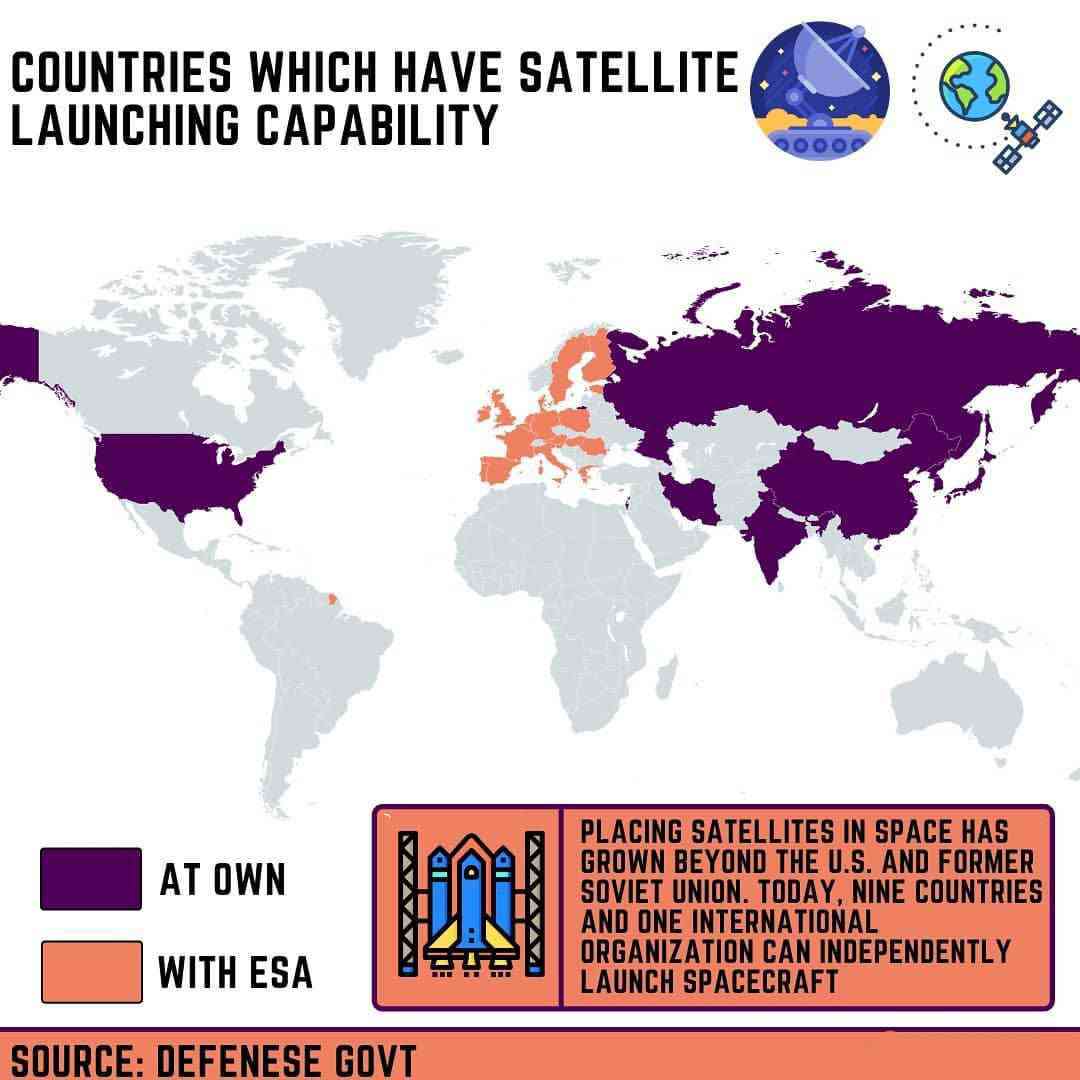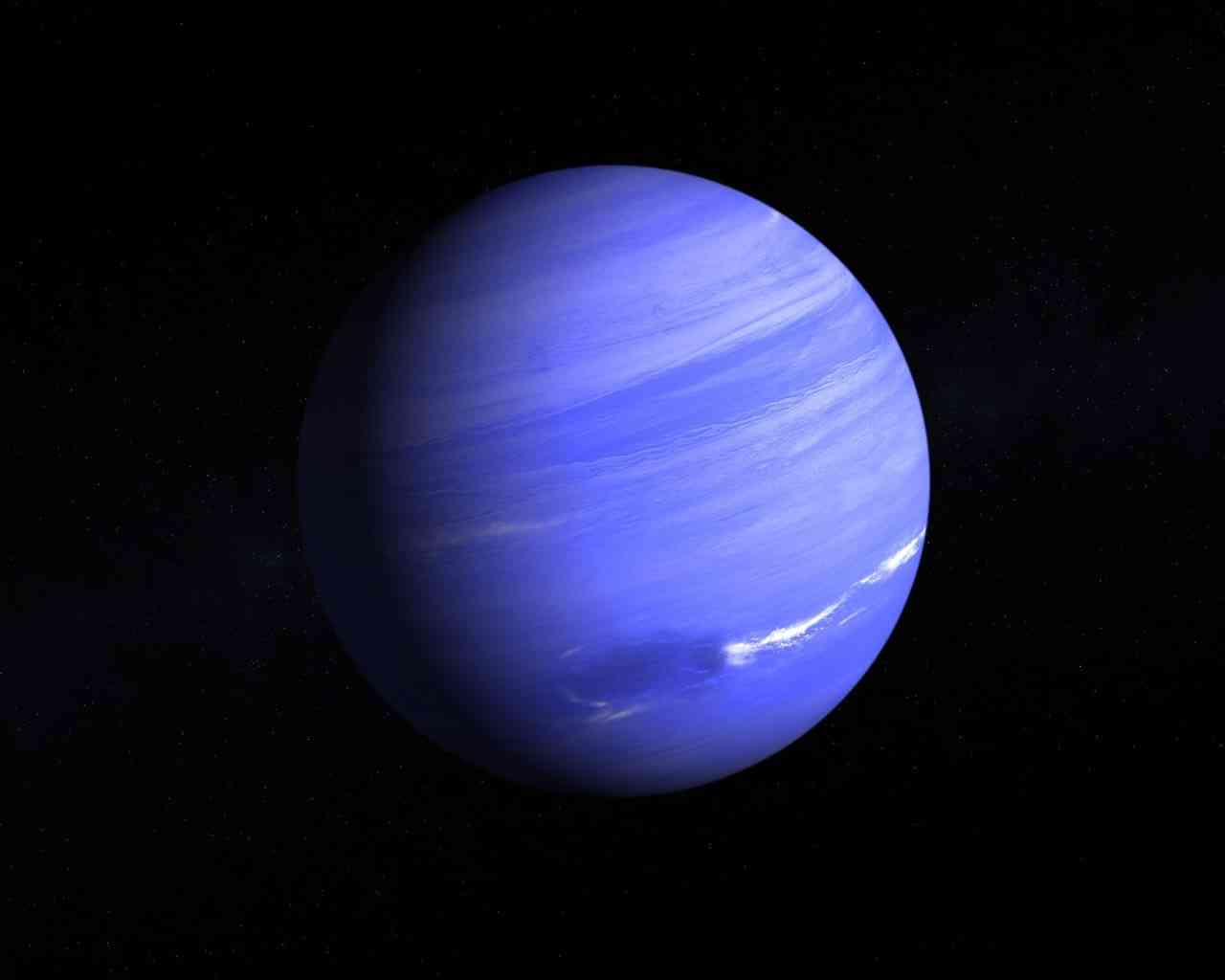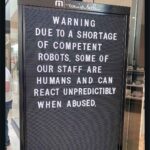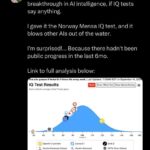-
-
-
-
Dark Humanity posted in the group Dark Side of Humanity and World
-
-
Guys, go be friends with @economy , One of the best, interesting and insightful accounts in FriendSpace
-
Zurich Cantonal Bank, Switzerland’s fourth-largest bank, has started offering Bitcoin and Ethereum trading.
#economy -
Economy, Finance, Crypto, Marketing and PR posted in the group Econo Sphere
Neftь narxi 73 dollardan pastga tushdi, Oʼzbekistonda benzin va propan qimmatlashishda davom etadimi?
Brent tipidagi neftь narxi 10 oylik minimumlargacha arzonlab, 73 dollardan past narxda sotilmoqda. Lekin bu safar ham importi faqat bir manbaga, shimoldagi bosqinchilarga bogʼliq boʼlib qolgan Oʼzbekistonda benzin va propan arzon…Read More
-
Donald Trump made several important statements:
– Being friends with Russia is neither “good” nor “bad.” It’s smart.
– I will work on improving relations with Russia.
– I will end the wars in which the U.S. is involved abroad.
– My priority is protecting U.S. borders and the economy.
– Vladimir Putin is a powerful leader, but we had a…Read More -
The windiest planet in the solar system is Neptune.
Its wind gusts can reach 2,000 or more kilometers per hour.
#planets -
-
2025-2026 yillar uchun AQSh bakalavriat granti:
🔸Simmons University
🔸Boston, Massachusets, AQSh
🔸to’liq 4 yillik grant
🔸xalqaro talabalar uchun
🔸bepul turar joygrantni yutib olish uchun sizda quyidagilar bo’lishi kerak:
🔸GPa 3.5 dan yuqori
🔸SAT 1300+Deadline: 1 December…Read More
-
- Load More Posts
Deep discussions



















The best hackers are the one that haven’t been caught